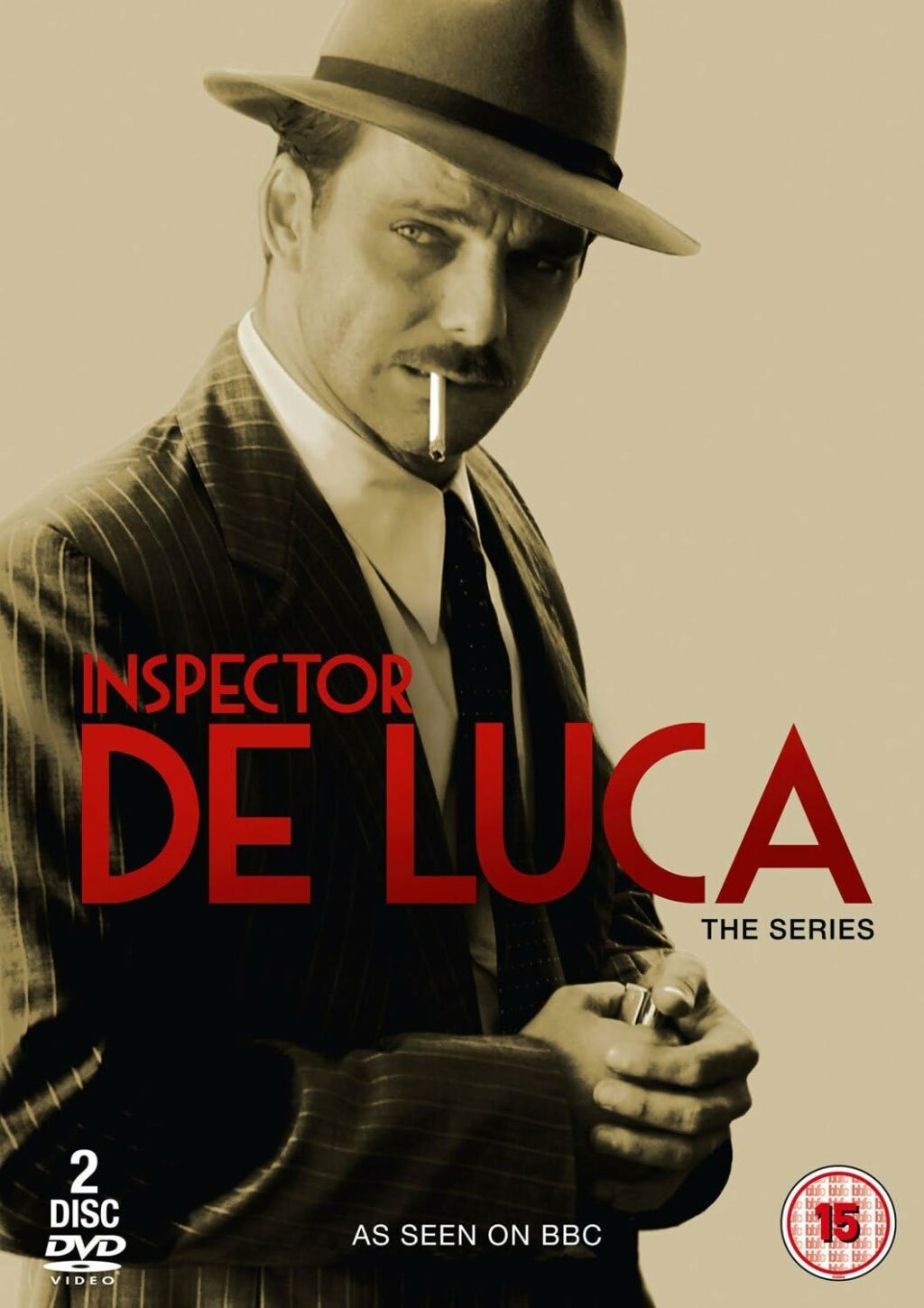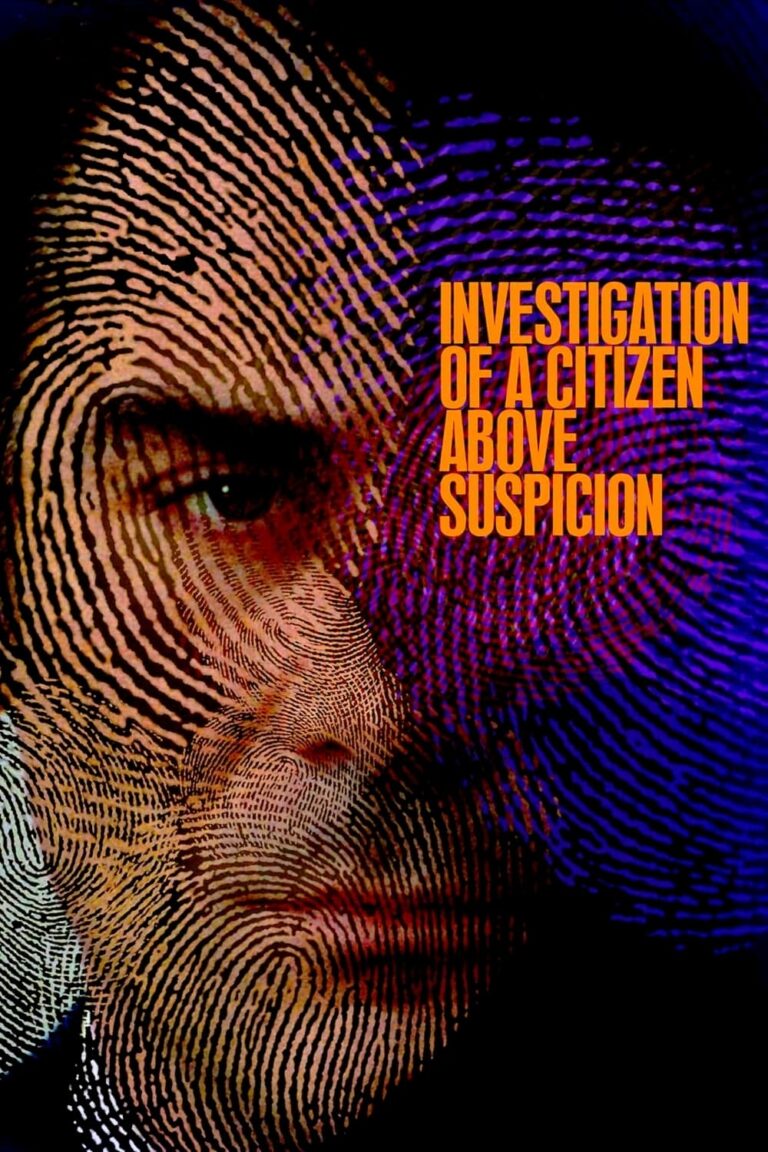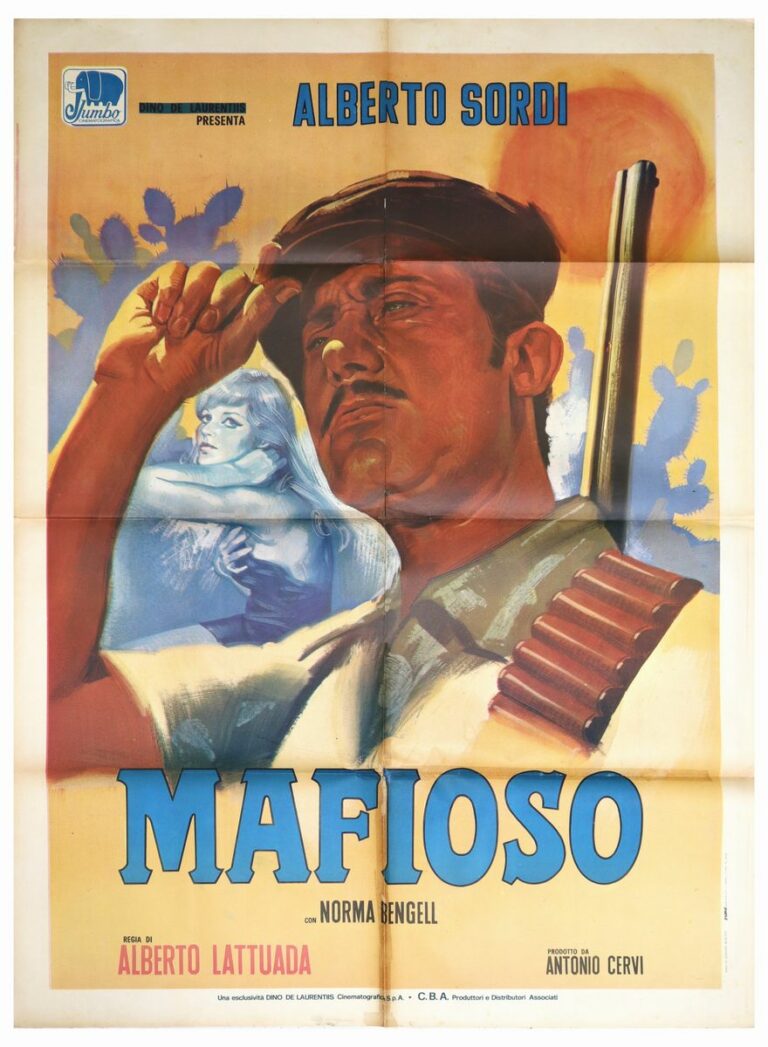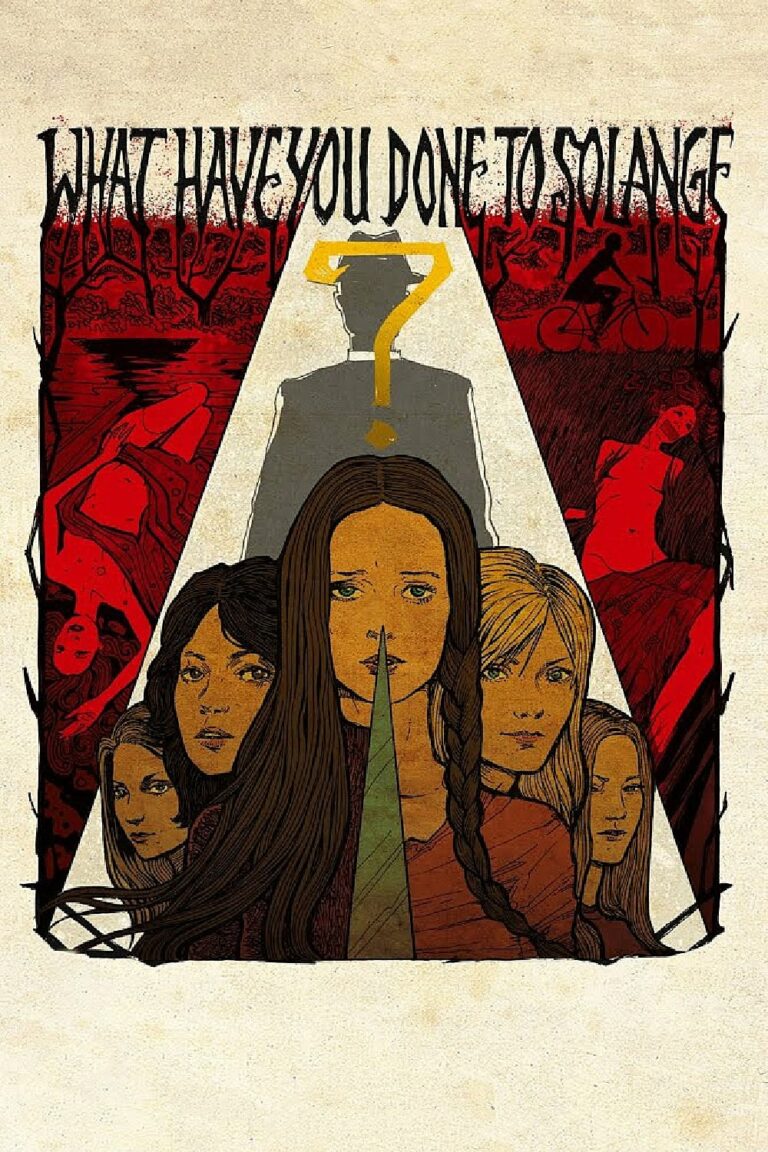
Introduction to the Series
Detective De Luca (“Il Commissario De Luca”) is an Italian noir television series based on the acclaimed novels by Carlo Lucarelli. The show offers viewers a gripping exploration of crime, justice, and morality set against the backdrop of Italy’s turbulent history during the 1930s and 1940s. Produced by RAI Fiction and directed by Antonio Frazzi, the series captivates audiences with its authentic period detail, complex protagonist, and atmospheric storytelling.
The series comprises four episodes, each adapting one of Lucarelli’s short novels: Carte Blanche, The Damned Season, Via delle Oche, and The Summer Torment. By weaving historical events with fictional crime narratives, Detective De Luca immerses viewers in a noir world shaped by war, corruption, and moral ambiguity.
The Character of Detective De Luca
At the heart of the series is Commissario Achille De Luca, an unconventional detective whose keen intellect and dogged determination set him apart. Played by Alessandro Preziosi, De Luca is portrayed as both a hero and an antihero. He is a brilliant investigator, capable of unraveling the most intricate crimes, but his character is burdened by the moral dilemmas posed by Italy’s fascist regime and the political chaos that ensues.
De Luca is not a political man; instead, he is a detective who prioritizes truth and justice above all else. However, his insistence on doing the right thing frequently puts him in conflict with those in power. Throughout the series, his moral clarity is tested as he navigates a society rife with corruption, violence, and betrayal.
Historical Context: Italy in the 1930s-40s
One of Detective De Luca’s most compelling elements is its rich historical backdrop. Set during Benito Mussolini’s fascist regime, World War II, and its aftermath, the series explores a period of intense social and political upheaval in Italy.
- The Fascist Era: The first two episodes take place during Mussolini’s dictatorship, a time when surveillance, censorship, and propaganda permeated every aspect of life. De Luca finds himself solving crimes in a society where the law is often twisted to serve those in power.
- Post-Fascist Chaos: The later episodes are set during the immediate aftermath of World War II. Italy, torn between political factions and grappling with the consequences of war, becomes a breeding ground for corruption and crime. In this setting, De Luca faces new challenges as loyalty, morality, and justice become increasingly ambiguous.
The historical setting is not just a backdrop but an integral part of the narrative, shaping the crimes De Luca investigates and the moral choices he must make.
Episodes Overview
- Carte Blanche (Carta Bianca) Set in Bologna in 1938, during Mussolini’s fascist rule, De Luca investigates the murder of a wealthy and well-connected man. As the case unravels, he discovers a web of secrets that implicate some of the city’s most powerful figures. Despite political pressure to close the case, De Luca’s dedication to truth brings him into dangerous conflict with the regime.
- The Damned Season (L’Estate Torbida) Taking place in 1945, in the aftermath of World War II, De Luca is on the run, accused of collaborating with the fascist regime. Despite his fugitive status, he becomes involved in solving a gruesome murder case in a countryside villa. As he navigates the chaos of post-war Italy, De Luca must clear his name while uncovering uncomfortable truths about the new power structures taking shape.
- Via delle Oche In Bologna in 1948, De Luca investigates a series of murders connected to the city’s brothels and political underworld. The case reveals the lingering scars of war and fascism while exposing new societal tensions as Italy moves toward democracy. De Luca’s pursuit of justice leads him into dangerous confrontations with powerful individuals who seek to control the city.
- The Summer Torment (L’Estate Torbida) The final chapter brings De Luca face-to-face with his personal demons as he investigates yet another murder amidst the uncertainties of post-war Italy. Here, De Luca’s persistence and integrity are tested to their limits, as the lines between hero and outcast blur.
Themes and Style
Detective De Luca is deeply rooted in the noir genre, characterized by its moral ambiguity, flawed protagonist, and dark, atmospheric visuals. The series explores themes such as:
- Justice vs. Power: De Luca’s investigations highlight the tension between uncovering the truth and appeasing those in positions of authority.
- Moral Ambiguity: Set in a time when the concept of right and wrong was often distorted, the series questions what it means to do the “right thing.”
- Historical Reckoning: By setting the series during Italy’s fascist era and post-war years, the show confronts the personal and collective guilt of a nation grappling with its past.
The cinematography enhances the noir aesthetic, using shadowy interiors, rain-slicked streets, and muted color palettes to create a visually immersive experience. The attention to historical detail—from costumes to architecture—further grounds the series in its specific time and place.
Alessandro Preziosi: Bringing De Luca to Life
Alessandro Preziosi’s portrayal of Commissario De Luca is a standout element of the series. Known for his charismatic screen presence and nuanced performances, Preziosi imbues De Luca with a mix of determination, vulnerability, and weariness. His portrayal captures the complexities of a man who remains committed to justice in a world where truth is often inconvenient.
Preziosi’s ability to convey De Luca’s internal struggles—his frustration, anger, and moments of quiet reflection—adds depth to the character, making him relatable despite the historical distance.
Critical Reception and Legacy
Detective De Luca has received widespread acclaim for its authentic depiction of Italy’s historical and cultural landscape, as well as its engrossing crime narratives. Critics have praised the series for its high production values, strong performances, and faithfulness to Carlo Lucarelli’s original novels.
The series’s success lies in its ability to balance historical accuracy with compelling storytelling. It appeals to fans of noir fiction, historical dramas, and crime thrillers alike, offering a unique perspective on Italy’s past through the lens of its enigmatic protagonist.
Conclusion
Detective De Luca is a masterful blend of noir fiction, historical drama, and crime procedural. Through its atmospheric storytelling, rich historical context, and complex protagonist, the series stands as a testament to the enduring power of crime narratives to explore deeper truths about society and human nature.
For fans of Italian television, historical fiction, or the noir genre, Detective De Luca is an essential and rewarding viewing experience—one that lingers long after the final mystery is solved.






